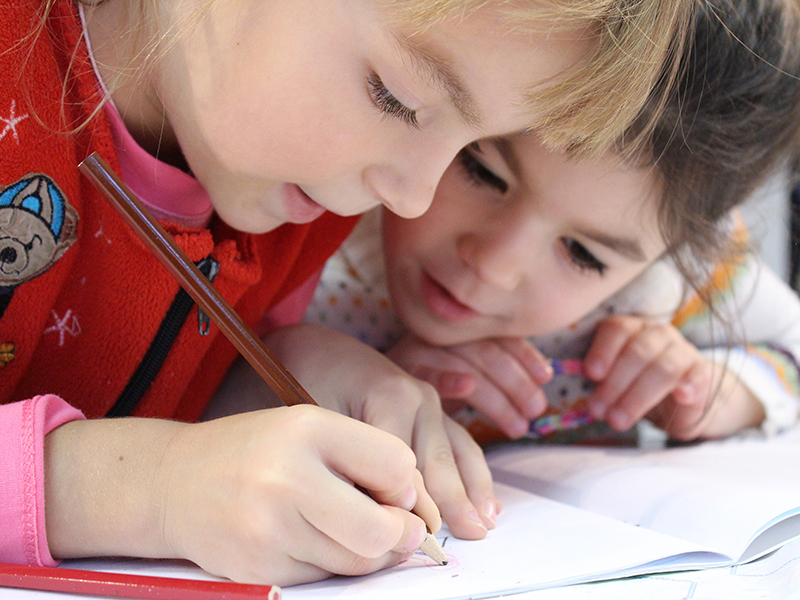By Cory Dobbs, Ed.D.
PVSchools
What if the way to your child’s success in school is found in the way he or she thinks about intelligence and the ability to persist with challenging tasks?
Stanford University professor Carol Dweck has studied the learning patterns of children for over 30 years. She’s found that there are similarities between kids who are open-minded and persistent in the face of academic challenges, and those who share a perspective of one’s intelligence as innate and, for the most part, unchangeable. The open-minded and persistent student believes he or she has the potential to improve, while the narrow-minded student holds tightly to the belief that intelligence is something one is born with and therefore an established attribute for self and others to judge.
Within each of us is an internal mental world where our thoughts and feelings reside. Each of us has a unique way of thinking about and framing the world around us—what most of us think of as a mindset. Our mindset consists of thoughts, feelings, perceptions, memories, beliefs, and attitudes. Further, it is our unique mindset that sets forth our way of thinking about learning.
Every child experiences the classroom differently, but when it comes to learning, scientific studies support the idea of a fixed or growth mindset as the regulator of one’s behavior. A child with a growth mindset believes that his or her intelligence, skills, and abilities are strengthened through deliberate practice and effort and are continually under development throughout life. On the other hand, a child with a fixed mindset sees his or her intelligence and abilities as unchangeable.
As children grow, they do so physically, intellectually, emotionally, socially; let’s call these modalities. Here are some nurturing nuggets for shaping the modalities of a growth mindset in your child.
Physical Nurturing Nuggets: Practice, practice, practice. How do you nurture improvement of performance? You have to apply yourself to the task, becoming a little better every day.
Intellectual Nurturing Nuggets: For every problem, there is a solution. The child with the growth mindset sees mistakes as opportunities to learn, instead of as personal failures. Help your child learn to engage with the world of ideas and teach them to set learning goals and to strive to work through difficulties.
Emotional Nurturing Nuggets: When you get upset, reset. Teach your child how to change their frame of mind when they make a mistake. The child with a growth mindset is not derailed by difficulty. Rather, setbacks are seen as opportunities to find something worth learning.
Social Nurturing Nuggets: Speak up and listen. Developing one’s voice should be balanced with the willingness and ability to listen. Reinforce growth by praising your child’s efforts, strategies, and improvements, not by praising talent.
Being aware of the fixed and growth mindsets should help you and your child slow down and explore teachable moments.
And just as with everything in life, it all starts with a parent or caregiver modeling the right mindset and instilling values necessary for constant and never-ending improvement of one’s abilities.





